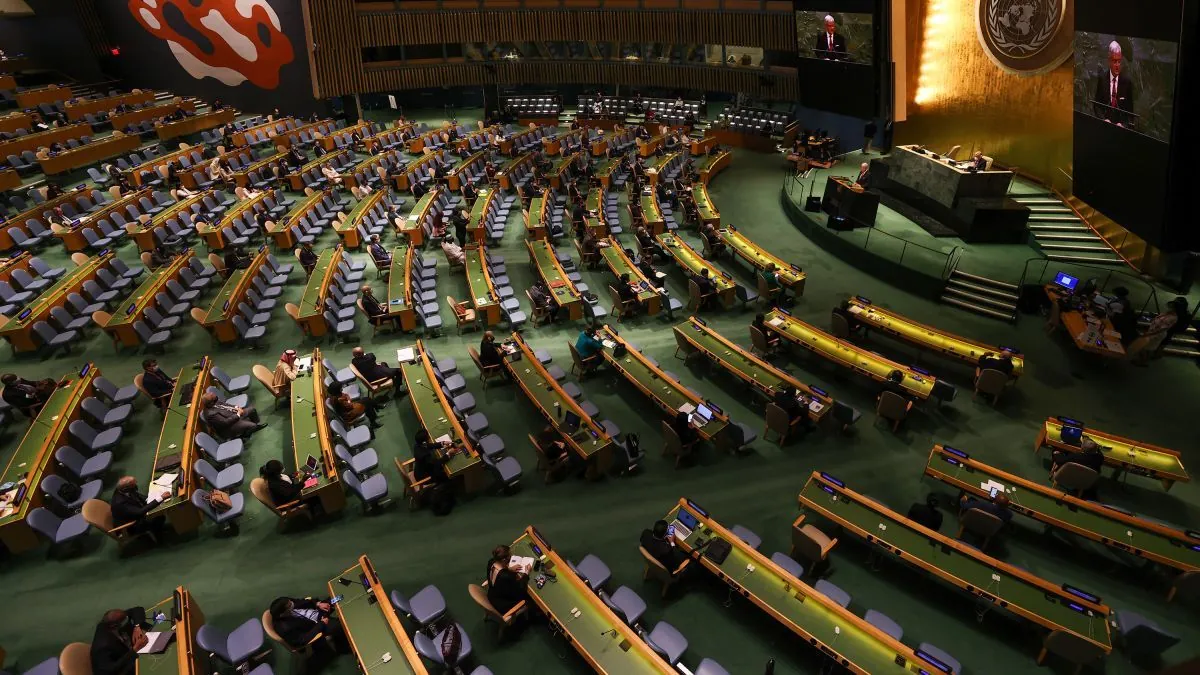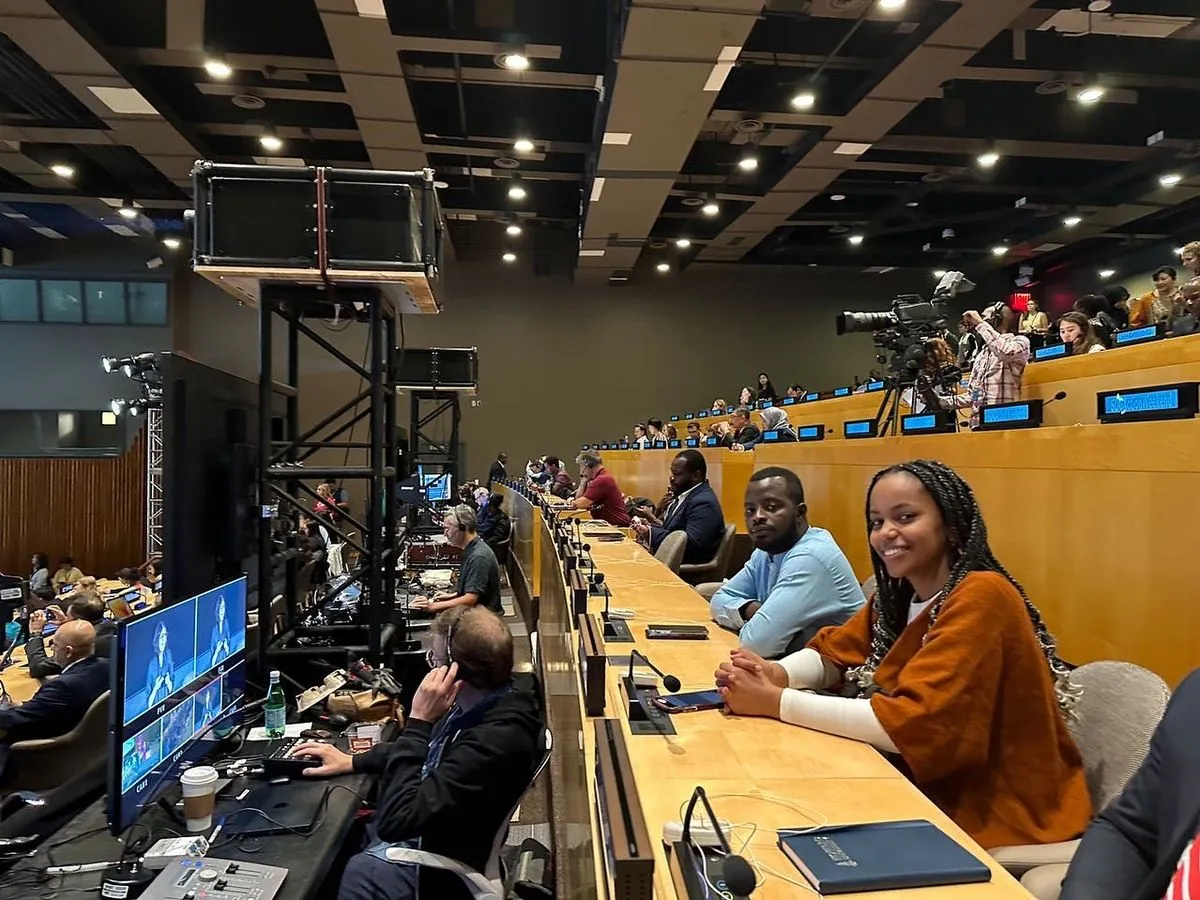UN Adopts "Pact for the Future" Amid Global Challenges
The UN General Assembly approves a comprehensive plan to address 21st-century issues, facing implementation hurdles. Russia's attempt to amend the pact fails, highlighting global divisions.

The United Nations General Assembly has taken a significant step towards addressing global challenges by adopting the "Pact for the Future" on September 23, 2024. This comprehensive agreement, aimed at tackling issues ranging from climate change to artificial intelligence, marks a crucial moment in international cooperation.
The adoption of the pact occurred during the opening of the two-day "Summit of the Future," an event that has drawn world leaders to the UN headquarters in New York. This summit is part of the UN's regular annual sessions, which typically run from September to December.
Antonio Guterres, the UN Secretary-General, expressed gratitude for the approval of the 42-page document, emphasizing the need for unity in addressing global challenges. The pact outlines 56 actions designed to improve the lives of the world's population, which now exceeds 8 billion people.
"We are here to bring multilateralism back from the brink. Now it is our common destiny to walk through it. That demands not just agreement, but action."
The adoption process was not without controversy. Sergey Vershinin, Russia's Deputy Foreign Minister, attempted to introduce amendments that would have significantly altered the pact's content. However, this move was firmly rejected by a majority of UN member states, with 143 countries opposing Russia's proposals.
This rejection highlighted the complex dynamics within the international community. Notably, African nations, where Russia has been expanding its influence, united against the proposed amendments. This decision, supported by Mexico, was seen as a setback for Moscow's diplomatic efforts.

The pact addresses a wide range of issues, including:
- Climate change mitigation
- Regulation of artificial intelligence
- Conflict resolution
- Reduction of inequality and poverty
- Reform of the UN Security Council
- Nuclear disarmament
- Governance of outer space activities
- Women's rights and gender equality
The document also includes a Global Digital Compact, which represents the first universal agreement on international AI governance. This aspect is particularly significant given the rapid advancements in technology and their global impact.
Robinah Nabbanja, Uganda's Prime Minister, speaking on behalf of the Group of 77 (G77), emphasized the importance of implementing the pact effectively. The G77, which now comprises 134 developing nations including China, stressed the need to address the widening gap between developed and developing countries.
The pact's adoption comes at a critical time for the UN, which has faced challenges in maintaining its relevance and effectiveness in recent years. Founded in 1945 with the aim of maintaining international peace and security, the organization has evolved to address a broader range of global issues.
As the world faces increasingly complex challenges, the success of this pact will depend on the commitment of member states to translate its provisions into concrete actions. The UN, with its 193 member states and various specialized agencies, will play a crucial role in coordinating these efforts.
The "Pact for the Future" represents a renewed commitment to multilateralism and global cooperation. However, the real test lies ahead as nations work to implement its ambitious goals in a world marked by geopolitical tensions and competing national interests.


































